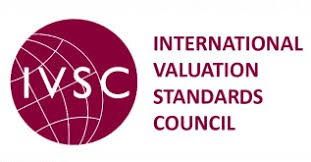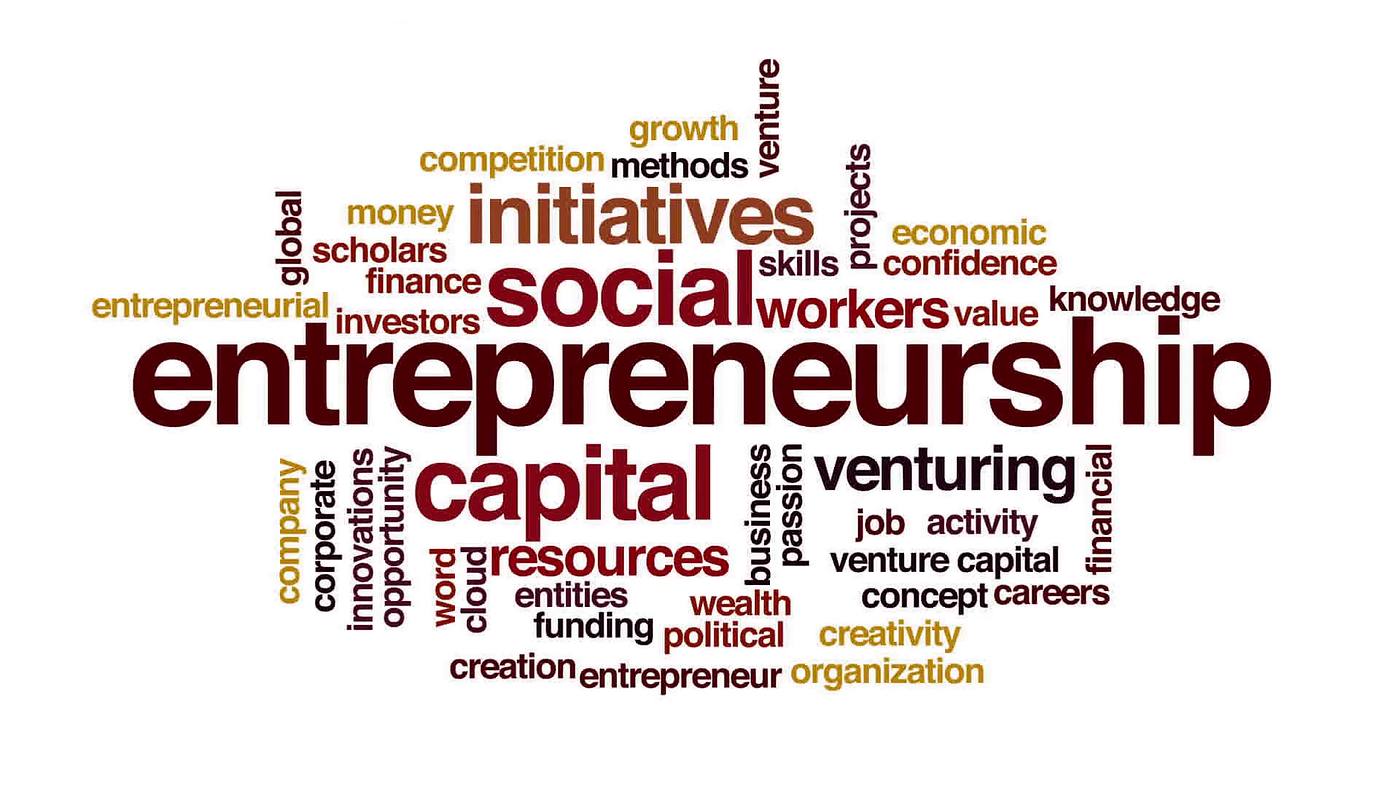
As the real estate industry and its associated academic community stand on the cusp of significant regulatory transformations, the forthcoming 2025 edition of the International Valuation Standards (IVS) represents a paradigm shift in valuation practices.
This evolution is marked by a heightened emphasis on environmental, social, and governance (ESG) considerations, coupled with structural and terminological changes that redefine the framework of valuation standards.
This article delves into the salient features of the 2025 IVS, underscoring their implications for real estate professionals and scholars.
The 2025 IVS heralds a structural overhaul, presenting a redefined organization and categorization of standards.
The 2022 edition segmented the standards into distinct sections such as compliance with standards, assets and liabilities, and departures. The 2025 version, however, introduces a more cohesive framework, organised into valuer principles, valuation process quality control, use of a specialist or service organisation, and compliance.
This reorganization signifies a move towards a principles-based approach, emphasizing ethical conduct, professional competency, and scepticism.
By embedding these principles at the core of valuation practices, the 2025 IVS aims to foster a culture of integrity and thoroughness among valuers, ensuring that the standards align more closely with the evolving ethical and professional landscape.
The shift in terminology from the 2022 to the 2025 IVS reflects a deeper focus on ethical principles and professional competency. Terms such as ethics, competency, and professional scepticism are now foregrounded, replacing the earlier emphasis on compliance, departures, and objectivity.
- Unpacking environmental laws for real estate in Zimbabwe
- Veld fire management strategies for 2022
- Stop harassing media for reporting truth
- Zacc goes after Zimra
Keep Reading
This change underscores a commitment to fostering a valuation environment grounded in ethical conduct and enhanced professional standards.
The 2025 IVS introduces several new standards that were not explicitly covered in the 2022 version.
These include valuer principles, valuation process quality control, and the use of a specialist or service organisation. These additions reflect the evolving complexity of valuation practices, acknowledging the necessity for rigorous quality control and the strategic use of specialized knowledge and external services.
Quality control receives significant attention in the 2025 IVS. The revised standards detail comprehensive requirements for controls, documentation, assessment, and monitoring, ensuring that valuation processes adhere to the highest levels of precision and reliability.
This structured approach to quality control is designed to mitigate risks and enhance the credibility of valuation outcomes.
The 2025 IVS provides clearer guidance on compliance, prioritising legal, statutory, regulatory, and other authoritative requirements over IVS standards in the event of conflicts.
This clarity ensures that valuers navigate regulatory landscapes effectively while maintaining adherence to the overarching principles of the IVS.
The emphasis on documenting and disclosing significant deviations from IVS underscores a commitment to transparency and accountability.
The scope of work outlined in the 2025 IVS is more detailed and comprehensive compared to the 2022 standards.
It includes expanded descriptions of valuation reviews, fundamental terms of engagement, and the necessity for written agreements on any changes to the scope of work.
These enhancements are designed to ensure clarity and mutual understanding between clients and valuers, thus fostering more robust and transparent valuation processes.
The 2025 IVS broadens the scope of bases of value, including non-IVS-defined bases that may be prescribed by jurisdictional laws, local regulators, or international agreements.
This expanded scope reflects a recognition of the diverse valuation contexts and the need for a more inclusive approach.
Additionally, the new standards provide detailed explanations of assumptions, synergies, and other bases of value, offering a more nuanced framework for valuers to navigate complex valuation scenarios.
The shift from “IVS 103 Reporting” in 2022 to “IVS 106 Documentation and Reporting” in 2025 reflects an expanded focus on comprehensive documentation.
The new standards emphasize the importance of maintaining detailed records throughout the valuation process, ensuring transparency and supporting the conclusions reached.
This includes documenting communications with clients, working papers, alternative methods considered, and quality control procedures followed.
The 2025 IVS places a strong emphasis on the use of relevant and observable data for valuation, underscoring the role of professional judgment in data selection and documentation.
The introduction of an appendix dedicated to ESG considerations highlights the evolving landscape of valuation practices, where the qualitative and quantitative impacts of ESG factors are increasingly integral to valuation processes.
The valuation approaches section in the 2025 IVS refines and expands upon the guidance provided in the 2022 standards.
The new standards emphasise the selection of the most relevant valuation approaches based on the asset’s intended use, the importance of observable inputs, and the reasonableness of value conclusions.
This refinement ensures that valuation practices align more closely with industry best practices and the specific circumstances of each valuation assignment.
The 2025 IVS offers a more detailed and comprehensive framework for addressing depreciation and obsolescence, reflecting an emphasis on clarity and thoroughness.
The expanded descriptions of physical, functional, and economic obsolescence, along with detailed examples and measurement approaches, provide valuers with a robust toolset to accurately assess and adjust for obsolescence in their valuations.
The introduction of a dedicated section on valuation models in the 2025 IVS underscores the necessity of using well-assessed and documented models.
Valuers are required to ensure that models are accurate, complete, timely, and transparent, and to document their selection and use comprehensively.
This focus on professional judgment and scepticism in model selection and application enhances the reliability and transparency of valuation outcomes.
The market and income approach sections in the 2025 IVS reflect significant enhancements, particularly in terms of incorporating ESG considerations and emphasizing detailed documentation requirements.
These changes ensure that valuations are not only accurate and reliable but also aligned with the broader sustainability and transparency goals that are increasingly important in today’s valuation landscape.
The 2025 International Valuation Standards represent a significant advancement in the field of valuation, introducing a more comprehensive, transparent, and ethically grounded framework.
These changes reflect the evolving needs of the real estate industry and the increasing importance of ESG considerations.
For real estate professionals and academics, understanding and integrating these new standards will be crucial in navigating the complex valuation landscape of the future.
The enhanced focus on ethical conduct, professional competency, quality control and transparency ensures that the 2025 IVS will set a new benchmark for excellence in valuation practices.
- *Dr Bekithemba Mpofu is a board member of the Zimbabwe REIT Association










